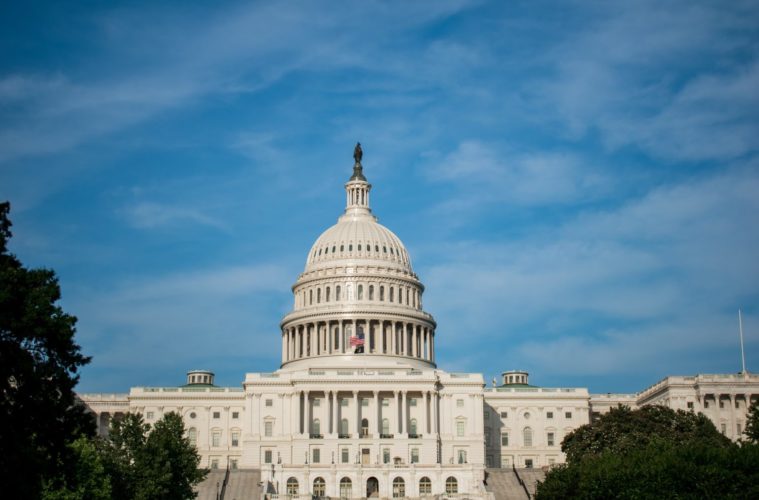No matter where the MORE Act heads from here, it’s a step in the right direction.
It’s not perfect. But little is in life. Some point out it’s extremely unlikely to pass the Senate this time around. They’re probably not wrong, as much as we would like the conversation to be different.
That doesn’t mean the Marijuana Opportunity Reinvestment and Expungement Act’s second win in the House of Representatives isn’t a signal of intent for where things are heading in the national legalization debate. Few states can appreciate the time it takes to move the chains on cannabis on the hill in Washington. Especially when you’re talking about taking something off the Controlled Substances Act’s list of scheduled narcotics like the MORE Act would. But cannabis advocates have always been in it for the long haul.
In 2001, New York Congressman Maurice Hinchey introduced an amendment in hopes of changing federal enforcement policy on medical marijuana. The language in the amendment was designed to prevent the U.S. Department of Justice from spending any money enforcing the federal marijuana laws.
That first time it didn’t even get a vote. Longtime Southern California Congressman Dana Rohrabacher would join the fight two years later, just over halfway into his 30-yeat career in our nation’s capital. The pair would get the effort to a vote on the floor in 2003, but it would fall short.
The effort to stop the feds from kicking in patients’ doors would fail six more times in the House. It would evolve into the Rohrabacher-Farr Amendment and pass in 2014 when it was tacked on to an appropriations bill. Senators Rand Paul and Cory Booker introduced companion language in the Senate and President Obama later signed it into law. Obama’s DOJ had sent rounds of letters threatening dispensary landlords and kicked in the doors at Oaksterdam just a few years prior.
So when those who saw the perils of just trying to protect the sick see people cast the MORE Act in a negative light before it has even taken only its second L, it’s laughable. Cannabis has proven a wildly incremental progression. This win will prove another important step along the way, even if the MORE Act’s vision doesn’t come to complete fruition in 2022.
One of the people in congress who helped protect patients was Rep. Earl Blumenauer. Now, all these years later, he serves in the leadership of the Cannabis Caucus.
“As we mark fifty years of the devastating war on drugs it is past time for Congress to catch up with the public and majority of states who have legalized some form of cannabis, and pass legislation to decriminalize the adult-use of recreational cannabis,” Blumenauer said in a statement following the win. “The MORE Act decriminalizes cannabis at the federal level and provides restorative justice for communities which have suffered from the disproportionate and deliberate enforcement of cannabis prohibitions. Today’s vote to pass the MORE Act in the U.S. House of Representatives is one step to ending the deplorable, misguided war on drugs. It is also a critical turning point.”
Among others celebrating the news is the nation’s oldest cannabis reform group NORML.
“This vote is a clear indicator that Congress is finally listening to the vast majority of voters who are sick and tired of our failed marijuana criminalization policies and the damage they continue to inflict in communities across the nation every day,” said NORML’s Political Director Morgan Fox. “It is long overdue that we stop punishing adults for using a substance that is objectively safer than alcohol, and that we work to address the disparate negative impacts that prohibition has inflicted on our most vulnerable individuals and marginalized communities for nearly a century.”
Fox went on to call on lawmakers to use the opportunity to take bipartisan action.
“The time has come for federal lawmakers to put aside partisan differences and recognize that state-level legalization policies are publicly popular, successful, and are in the best interests of our country,” Fox said. “Now that the House has once again supported sensible and comprehensive cannabis policy reform, we strongly urge the Senate to move forward on this issue without delay.”
Advertising disclosure: We may receive compensation for some of the links in our stories. Thank you for supporting LA Weekly and our advertisers.

